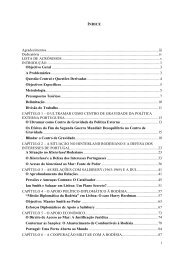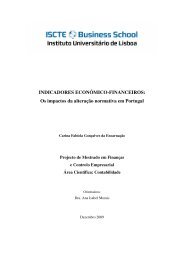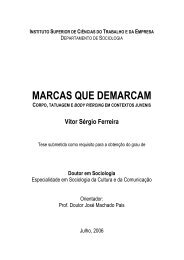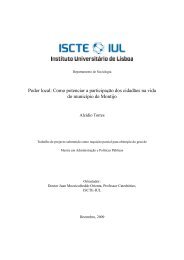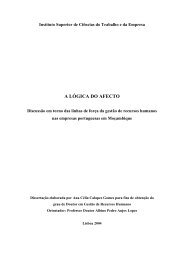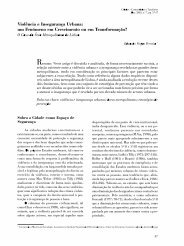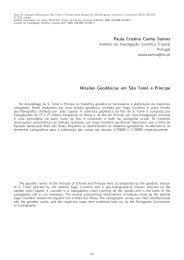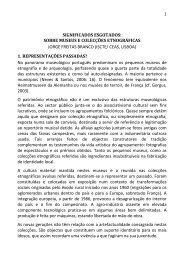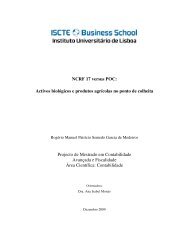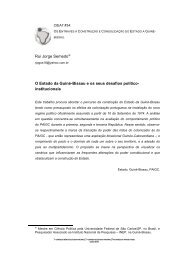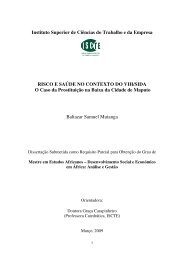Amhara Oral Traditions: The Urgency of Rescuing a Cultural Heritage
Amhara Oral Traditions: The Urgency of Rescuing a Cultural Heritage
Amhara Oral Traditions: The Urgency of Rescuing a Cultural Heritage
Create successful ePaper yourself
Turn your PDF publications into a flip-book with our unique Google optimized e-Paper software.
Likewise, my feeling is that this heritage is largely ignored, misunderstood, and<br />
undervalued by a great number <strong>of</strong><br />
people, be they researchers, administrators, and, in many cases, the keepers <strong>of</strong> the<br />
traditions themselves. Its rapport with written literary materials (namely the gaddla, the<br />
sinksars, the tariks, but also the lay historians’ accounts) is rarely subject to any<br />
functional or structural analysis, and its inner meaning lies largely dormant within a<br />
process <strong>of</strong> degradation and memory loss caused by all sorts <strong>of</strong> social, cultural, and<br />
demographic changes that the rural and urban areas have been undergoing since 1974 at<br />
least. If some <strong>of</strong> the stories and motifs are “known” beyond local and regional boundaries<br />
(the theme <strong>of</strong> the “Portuguese” builders <strong>of</strong> Gondarine royal palaces, or that <strong>of</strong> the<br />
princess sent from Rome to marry the Ethiopian king, for instance), many others tend to<br />
cause genuine surprise to many people living in urban settings and showing interest in<br />
regional historical matters. My overall perception is that, as these traditions decay and<br />
wither away, they carry with them important keys to the understanding <strong>of</strong> the history and<br />
culture <strong>of</strong> the region, resulting in a clear state <strong>of</strong> impoverishment for future generations.<br />
Hence, the present working proposal for the implementation <strong>of</strong> a plan to systematize<br />
collection and management <strong>of</strong> oral heritage for the <strong>Amhara</strong> region. This proposed plan is<br />
based on the notion that there is a rich and little known tradition <strong>of</strong> oral literature in<br />
Northern Ethiopia, and that, due to recent development that has brought about significant<br />
changes in the value <strong>of</strong> cultural heritage, that tradition is being erased at a rapid pace.<br />
Furthermore, it is assumed that most recording and documentation activities in the field<br />
<strong>of</strong> oral literature and oral history, as well as ethnomusicology, have being carried out<br />
either by foreign researchers or by Ethiopian university students and researchers, both<br />
preferring to publish the results <strong>of</strong> their activities abroad, and working in a disparate and<br />
uncoordinated way. It is also assumed that, unlike what has happened in many other<br />
countries, and even in other Ethiopian regions, systematic collections <strong>of</strong> oral traditions<br />
are nonexistent in the <strong>Amhara</strong> region, and that knowledge about oral traditions in this<br />
4



